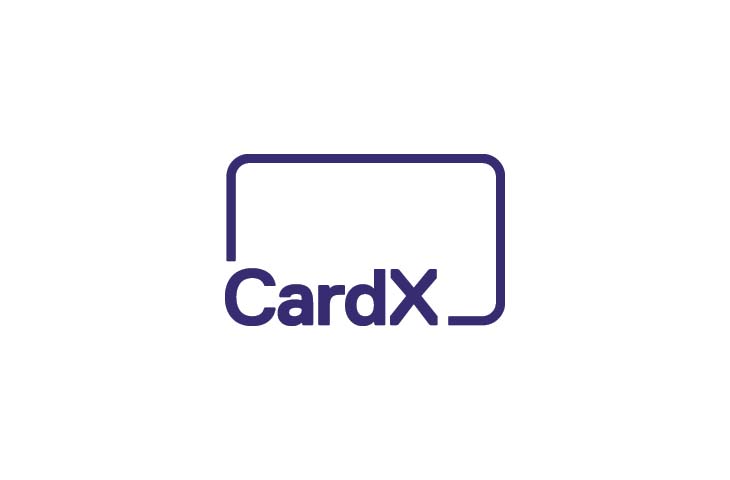For those hearing about CardX for the first time, would you share some background on the company?
I founded CardX in 2013 to respond to a new opportunity in the payments industry. New rules allowed businesses in America, for the first time, to pass on the costs created when customers choose credit cards for convenience or rewards.
CardX is a turnkey solution for “credit card surcharging,” meaning that a merchant using CardX automatically complies with all of the rules required for passing on the credit card fee.
We’re pleased to be leaders in this growing field, and we’re strongly differentiated both by our patent-pending technology and our compliance expertise. In fact, we were honored to be the only solution provider advocating in the U.S. Supreme Court in Expressions Hair Design v. Schneiderman, which affirmed that passing on the credit card fee is protected speech under the First Amendment.
This legal milestone, along with the growing marketplace demand from both merchants and ISOs, is moving America’s payments landscape in the direction of this internationally-proven model. In Australia today, 42% of all merchants are passing on the credit card fee, resulting in lower interchange costs throughout the Australian market. We see this in America’s near future as well.
Currently, what kinds of companies or organizations are you working with?
The majority of our clients are businesses looking to reduce their high costs for credit card acceptance. CardX is an especially good fit for businesses with low margins that lose out on a significant share of their profits when they have to pay around 3% for credit card acceptance. With CardX, they accept credit cards at 0% cost.
Some of our B2B merchants—such as wholesale distributors in chemical supply, office supply, and electrical supply—have single-digit profit margins, so when they pay 3% for a credit card, it may cut their profitability in half.
We’re also seeing great adoption in B2C categories such as professional services, including law, medical, insurance, and accounting firms, as well as mechanics and contractors.
We also serve many government and education clients. Passing on the credit card fee is actually the most common model for government and education in the United States, since these institutions have been allowed to pass on their fees since the early 2000s. We’ve signed many institutions that use CardX to keep their costs at 0% while improving customer-friendliness and transparency.
What feedback have you received from merchants and consumers on this fee model?
We hear great feedback from our merchants, and the greatest compliment we can receive is their continued business. In our recent round of outside investment, one of the statistics that drew a lot of interest is the 95% year-over-year retention in our client base, which is among the very strongest in the industry.
I view CardX as a great balance of cost savings for the merchant and affordability for the customer. With CardX, we automatically detect when a debit card is entered and apply no fee to the customer’s card. Because customers always have debit as a no-fee payment option, we’re much more customer-friendly than products that pass on a flat-rate across the board.
Do you see people start the payment process with a credit card and, after seeing the fee, switch to a debit card?
Yes, we definitely see some migration from high-cost credit cards to low-cost debit cards, since customers pay no additional fee for debit. We view this as a win on both sides: the customer is happy, and the merchant pays much less than they would have if they were bearing the cost of rewards and miles.
Who are your competitors, if any?
The strong demand in the market for lower-cost solutions is producing a lot of new entrants, and this actually helps make credit card surcharges more mainstream and more familiar to our audience.
Most of these companies purport to offer a “cash discount” product, because there’s no technology required. “Cash discount” is another form of passing on the credit card fee, but it is generally non-compliant, because with these products they’re listing the cash price and then adding a fee at the point of sale—and even adding the fee to debit cards, which violates the rules.
The “cash discount” products are responding to the demand for lower costs, but they are not meeting the compliance requirements, risking account closures and fines from the card brands, which is an awful outcome for both the merchant and the ISO.
We often see these merchants, as well as ISOs, come to us for a 100% compliant solution, and many sales partner ISOs have had great results licensing our solution.
Thanks to technology, transparency has come more to the forefront of consumer minds. Over the next 5 years, do you feel there will be an even greater need for more transparency in the payments industry?
Absolutely. We need more transparency for merchants and consumers alike.
It’s remarkable how few consumers, who are otherwise very informed, know that there is a cost associated with making a payment with their credit cards—they have been kept in the dark for years, and merchant costs went up the whole time. The current trend is unsustainable: the interchange cost alone (to say nothing of dues and assessments) for many rewards cards has gone up 24% since 2005, so a 2% interchange card is now 2.48%.
When consumers bear the cost of their own rewards, they’re both more informed as well as more likely to switch to another form of payment when the cost gets too high—which finally applies price pressure on the credit card companies, making costs manageable for everyone.
